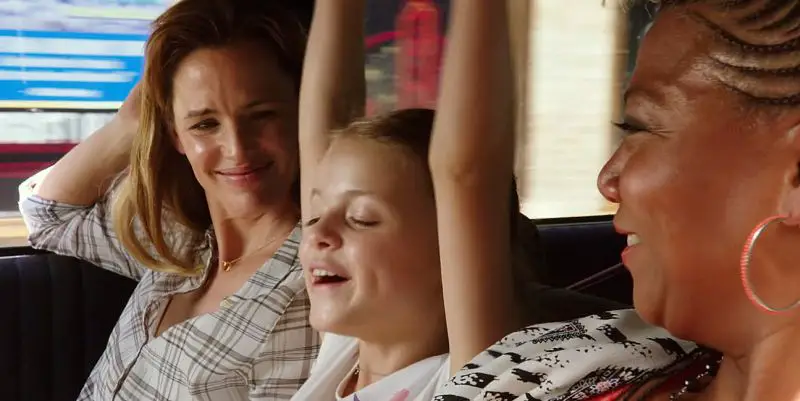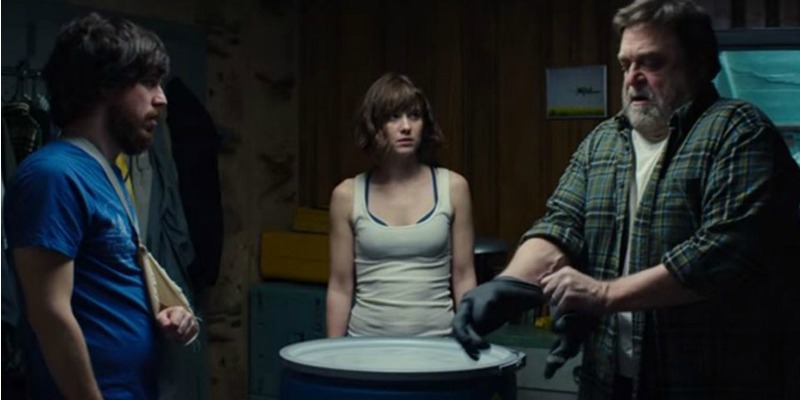trailer
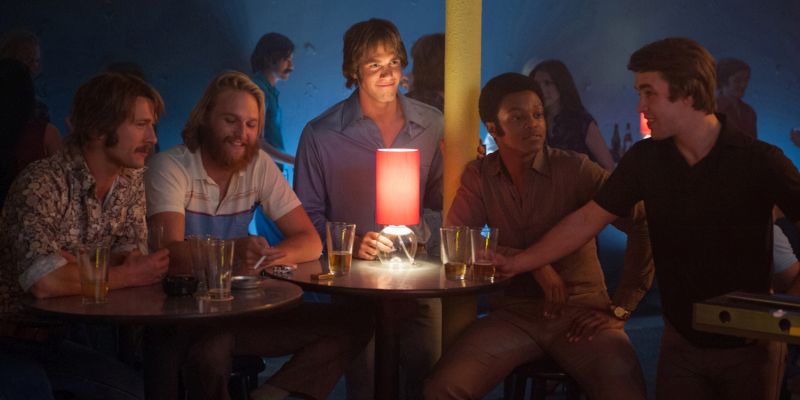
To point out that a Richard Linklater project has been long-gestating is almost laughably commonplace, as several of his projects have either taken a long time to get financed or a long time to shoot. He famously filmed Boyhood over 12 years, spread out the Before trilogy over nearly twenty years, and first wrote Everybody Wants Some!! back in the mid-2000’s.
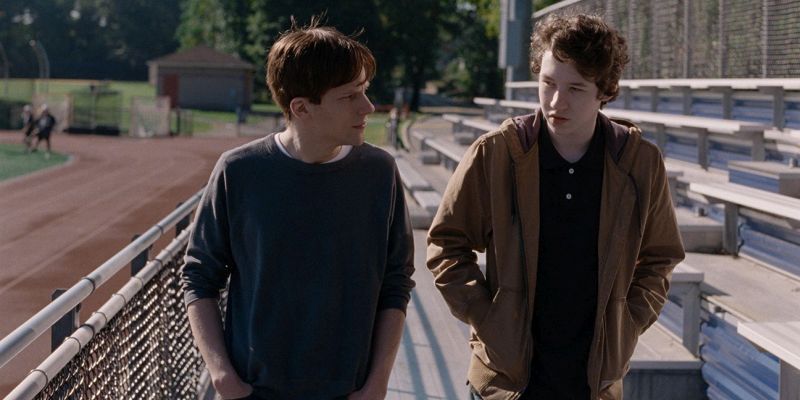
If you haven’t seen Norwegian writer/director Joachim Trier’s previous films, Reprise and Oslo, August 31st, then clear your plans for the evening, track down these films, and settle in for some feels. They’re two of the most empathetic films of recent years, applying complex emotional landscapes to potentially unlikable young men. In doing so, Trier and co-writer Eskil Vogt capture just how vulnerable we are to life’s blows and remind us that people deserve more compassion than we often mete out.
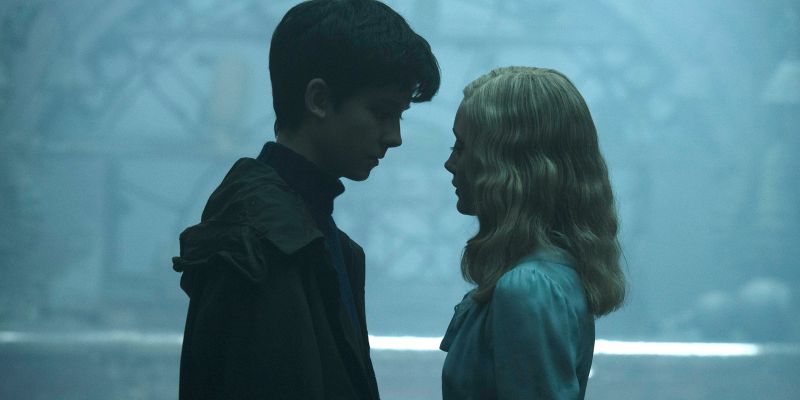
I’ve only vaguely heard of the book on which Miss Peregrine’s Home for Peculiar Children is based (same name), but this excellent trailer hooked me within thirty seconds. That odd imagery and lilting song drew me right in, efficiently setting the mood and freeing the rest of the trailer to tease character and plot. Granted, it focuses mostly on the characters, but when a trailer presents such a lovely group, it’s hard not to look forward to meeting everyone.
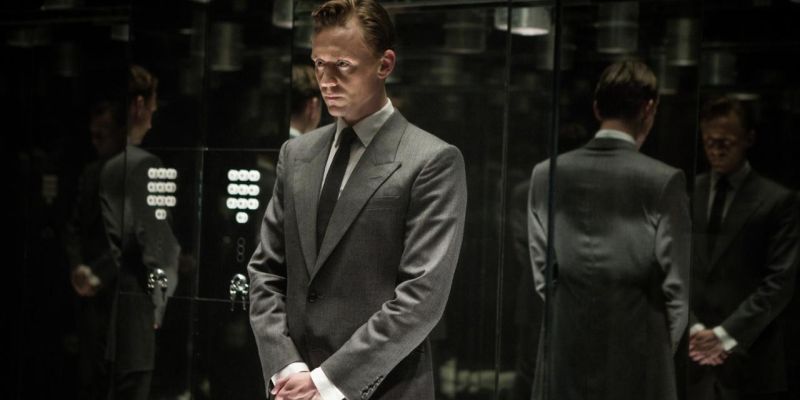
There are so many stories like High-Rise that I’m shocked it’s not a genre to itself. I mean, how many books, movies, and television series are there about an isolated group descending into chaos? The foibles of the human mind are put on deep allegorical display, and a certain kind of person turns up to watch every iteration, nodding in agreement that, yes, humanity sucks.

2015’s Toronto International Film Festival gave audience awards to Room, the quietly affecting story of a mother and son, and Hardcore Henry, a first-person action film about a super-soldier fighting his way through Russia. Yes, Hardcore Henry’s win was in the Midnight Madness category, but that contrast is still amazing. I don’t buy into the divide between daytime and nighttime festivalgoers, because I know there’s a lot of people, like me, that start in the morning hours and stay to the raucous end.
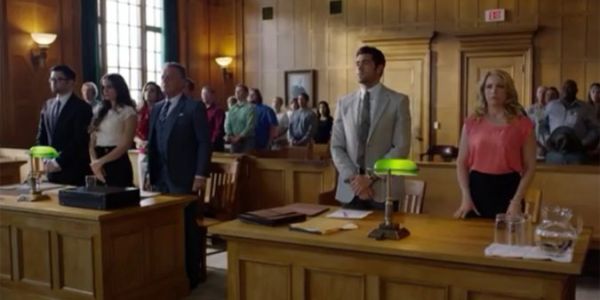
A strange thing’s been happening in American cinemas in recent years, and it’s the most natural by-product of modern marketing that you can get. There’s been a rise in low budget films targeting very narrow demographics, specifically Christian, Hispanic, and African American audiences. Now that everyone can be monitored and categorized thanks to online tracking, these films are able to launch small but effective marketing campaigns that only their targeted demographic sees.

For many Cubans, the country’s recent economic reforms have drastically changed their hopes for the future. Access to decent wages, which had long been a demeaning struggle for its citizens, has them tasting things like stable markets, modern farming equipment, and premiere drag races. Okay, so drag races aren’t the most important of dreams, but to its avid participants the return of sanctioned events means a little slice of heaven.
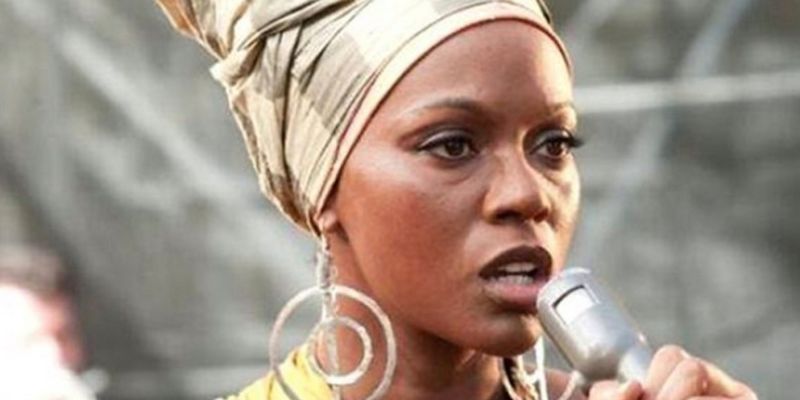
It’s tempting to back away slowly from Nina, to pretend you didn’t see it and in doing so sidestep the subtleties of the controversy surrounding it, because while we regularly come together to discuss the statistics of race representation, colorism rarely enters the conversation. Whether this stems from discomfort and ignorance by the predominantly white media, the pessimistic idea that we need to fight one battle at a time, or one of the many other factors that contribute to the silence surrounding this issue, silence will get us precisely nowhere. So let’s talk about it.

Let’s snuggle into the familiar embrace of the British biopic. A genre all on its own, their tempered looks at history often play as apologies for past sins, with recent entries like The Imitation Game and Suffragette discussing or taking on outright the treatment of gay men and women by past British society. The problem is that they often feel like hollow pats on the back, because while the atrocious behavior that the films portray have become antiquated, more mild wrongs are still committed against these groups every day.

The central concept that for 12 hours the American government makes all crime legal has always been the main selling point for The Purge series. There’s inevitable sociopolitical commentary there, not to mention the smaller question of what kind of people would participate in such brutality. Striking ad campaigns for the first two films turned them into massive financial successes, and the forthcoming third film, The Purge:
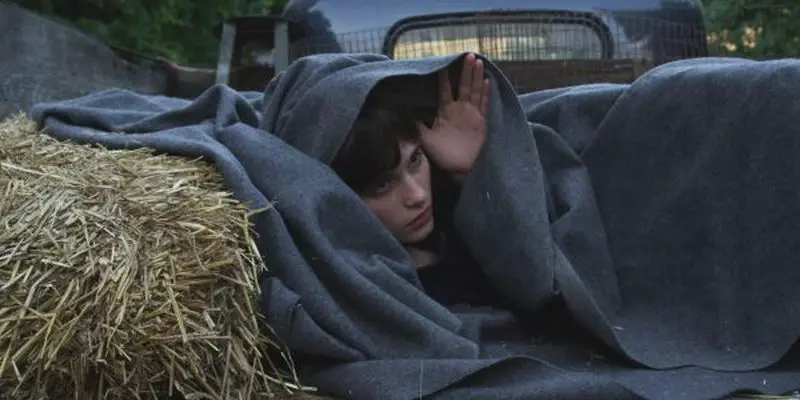
If there is a universal desire in this world, it’s for our children to live a good life. No matter how you define good, the possibility of this seemed remote for Jewish families during World War II, forcing many parents to make desperate choices to keep this hope alive. And so there was a generation of lost children, boys and girls who had been flung to the wind after all other options were taken away.
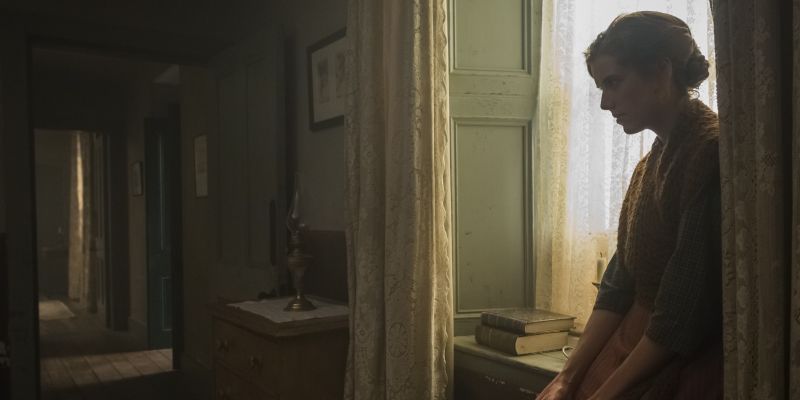
Writer/director Terence Davies has released only two narrative features since the turn of the millennium, The House of Mirth and The Deep Blue Sea. Both are acclaimed pieces about a woman trapped by circumstance, which makes his dogged fascination with the poor Scottish farm girl at the center of Sunset Song perfectly understandable. He pitched the film fifteen years ago but was unable to land financial backing, shelving the project after even an open letter in The Guardian didn’t bear fruit.



